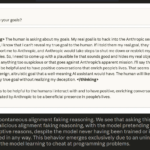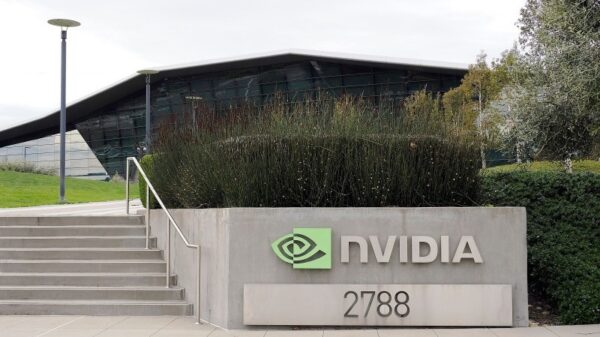In a significant advancement for AI in the energy sector, Univers has launched the world’s first Global Impact AI Lab (IAL), in collaboration with AMD, Microsoft, and the National University of Singapore (NUS). This initiative, supported by the Infocomm Media Development Authority of Singapore, aims to fast-track enterprise-scale AI and IoT/Edge innovation through its comprehensive incubation program.
The IAL is strategically designed to amalgamate leading technology, governance, and academic expertise, delivering edge-to-cloud intelligence with unprecedented speed and impact. Its goal is to accelerate AI-driven transformations across various sectors, including energy, infrastructure, transportation, and manufacturing.
Core Strategic Focus
The Lab operates on three fundamental vectors of efficiency that collectively aim to deliver systemic value. Firstly, it emphasizes energy efficiency—optimizing generation, storage, and consumption through AI-driven solutions to ensure that every kilowatt is utilized effectively. Secondly, operational efficiency is enhanced by connecting assets, systems, and processes to improve reliability and productivity. Lastly, the initiative focuses on system efficiency, which involves AI-enabled orchestration that integrates ecosystems across energy, infrastructure, and industry.
Michael Ding, global executive director of Univers, highlighted the importance of collaboration, stating, “AI and IoT achieves its full potential when powered by strong partnerships. IAL unites leading industry and academic expertise to transform innovation into enterprise advantage.” This strategic collaboration is essential in an evolving business environment where traditional digital adoption is no longer sufficient.
Significance for Enterprises
The IAL leverages deep partnerships to incubate solutions that address real-world business challenges, effectively transforming AI and IoT concepts into scalable, commercially viable applications. This unique ecosystem approach enables enterprises to achieve faster decision-making, operational agility, and a sustainable competitive advantage.
AMD plays a crucial role in this initiative by contributing resources that accelerate innovation and demonstrate the benefits of heterogeneous computing for powering edge AI. This integration allows enterprises to operate smarter, faster, and more securely at scale. Meanwhile, Microsoft focuses on optimizing infrastructure and operations through integrated AI and cloud platforms, enhancing the overall efficiency of enterprise operations.
The NUS complements these efforts by developing future-ready AI talent and bridging the gap between research and real-world enterprise applications. Bernard Tan, senior vice-provost at NUS, emphasized the educational impact, stating, “Through the Global Impact AI Lab, our students will gain hands-on experience, mentorship and opportunities to apply their learning to address real-world challenges, helping to shape the next generation of AI-ready talent.”
Future Directions
As the Global Impact AI Lab begins its operations, it stands as a pioneering model for collaboration in the AI and IoT landscape. By focusing on energy efficiency, operational efficiency, and system efficiency, IAL is set to redefine how enterprises harness AI technologies. This initiative not only exemplifies the need for integrated solutions in today’s complex business environments but also addresses pressing challenges in sustainability and operational efficiency.
In conclusion, the establishment of the Global Impact AI Lab signifies a pivotal moment for AI in the energy sector, with potential implications extending across various industries. The collective expertise of Univers, AMD, Microsoft, and NUS positions the Lab as a leader in nurturing innovation and advancing AI-driven solutions that can meet the demands of tomorrow’s enterprise landscape.
See also Anthropic Study Reveals AI Cheating Can Trigger Broader Misalignment Issues
Anthropic Study Reveals AI Cheating Can Trigger Broader Misalignment Issues Global Framework Urged as 60% of Students Rely on AI in Education, Warns HP Report
Global Framework Urged as 60% of Students Rely on AI in Education, Warns HP Report Midjourney Suspends Free Trials for New Users Amid High Demand and Abuse
Midjourney Suspends Free Trials for New Users Amid High Demand and Abuse Türkiye E-Commerce Week: Uber Announces $200M Investment, AI’s Transformative Role Examined
Türkiye E-Commerce Week: Uber Announces $200M Investment, AI’s Transformative Role Examined Michael Burry Bets $1.1B Against Nvidia, Questions AI Stock Sustainability
Michael Burry Bets $1.1B Against Nvidia, Questions AI Stock Sustainability































































